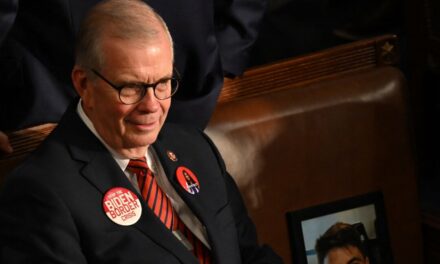We support our Publishers and Content Creators. You can view this story on their website by CLICKING HERE.
Extraordinary measures, often described as accounting maneuvers, allow the Treasury to free up cash and delay default.
Treasury Secretary Janet Yellen has warned that the United States will hit its statutory debt ceiling around the middle of January, a development she said will prompt the Treasury to resort to “extraordinary measures” to prevent the government from defaulting on its obligations.
She noted that the Fiscal Responsibility Act of 2023 temporarily suspended the debt ceiling through Jan. 1, 2025, enabling lawmakers to avert default during contentious budget negotiations. A day after that deadline—on Jan. 2—a new debt limit will be set based on the total amount of outstanding debt subject to the statutory limit as of the end of Jan. 1. Yellen noted that the debt is projected to temporarily decrease by $54 billion on that date due to scheduled Medicare trust fund redemptions, providing a brief reprieve before extraordinary measures become necessary.
“Treasury currently expects to reach the new limit between January 14 and January 23, at which time it will be necessary for Treasury to start taking extraordinary measures.” Yellen wrote.
Extraordinary measures, often described as accounting maneuvers, allow the Treasury to free up cash and delay default. These measures, however, are a short-term solution. Once exhausted, they leave the government unable to meet its financial obligations without congressional intervention. Yellen emphasized the urgency of action, warning that a failure to address the debt ceiling would severely damage the nation’s economic credibility.
“I respectfully urge Congress to act to protect the full faith and credit of the United States,” she wrote.
“The alarm bells are clearly ringing when it comes to our unsustainable national debt,” CRFB analysts wrote in the note. “Policymakers should put in place reforms that reduce the growth of debt and stabilize it as a share of the economy before interest and debt spiral further out of control.”
President-elect Donald Trump has proposed eliminating the debt ceiling altogether, or at least extending it through 2029, a move that would give his incoming administration more breathing room by avoiding repeated debt cap standoffs on Capitol Hill.

 Conservative
Conservative  Search
Search Trending
Trending Current News
Current News 







